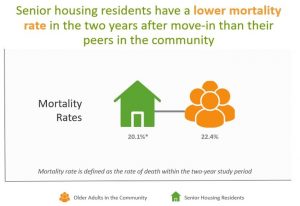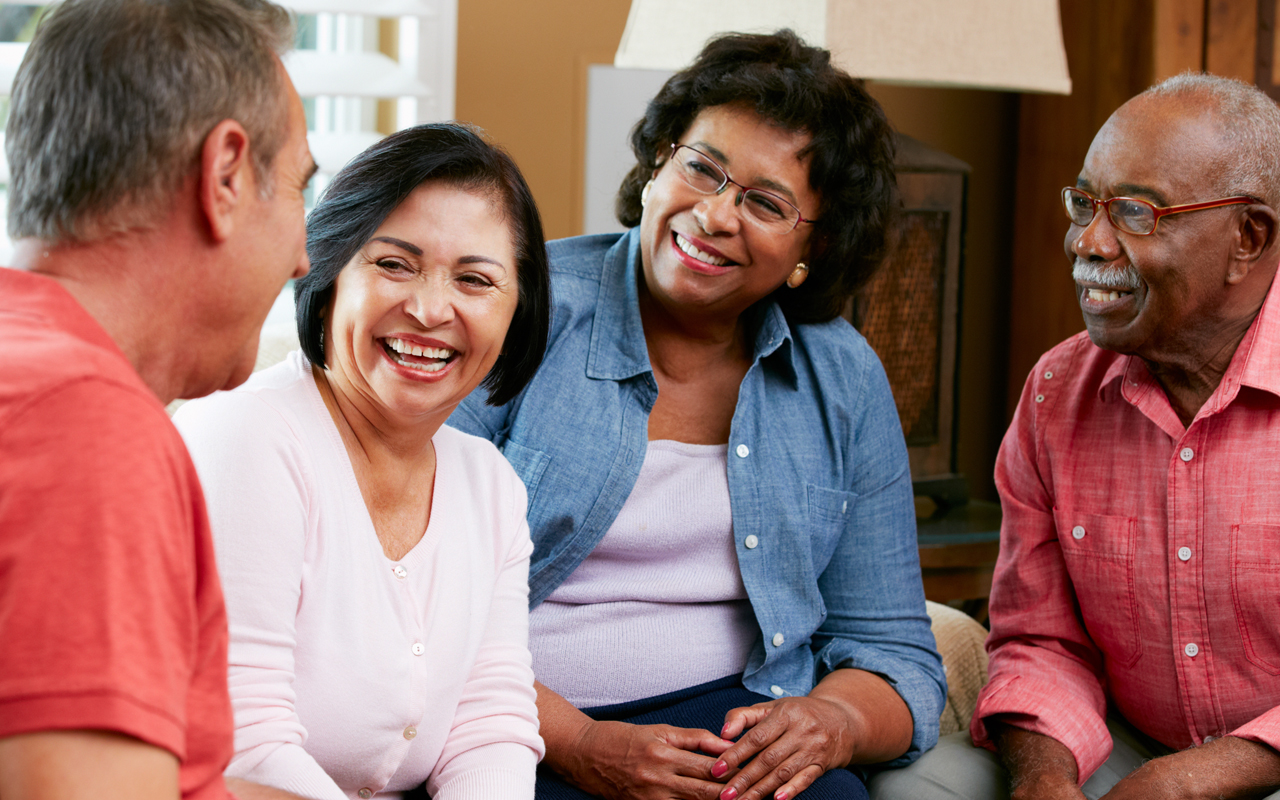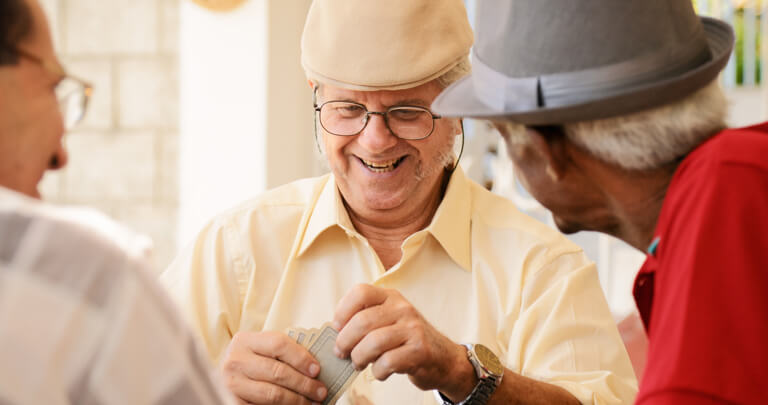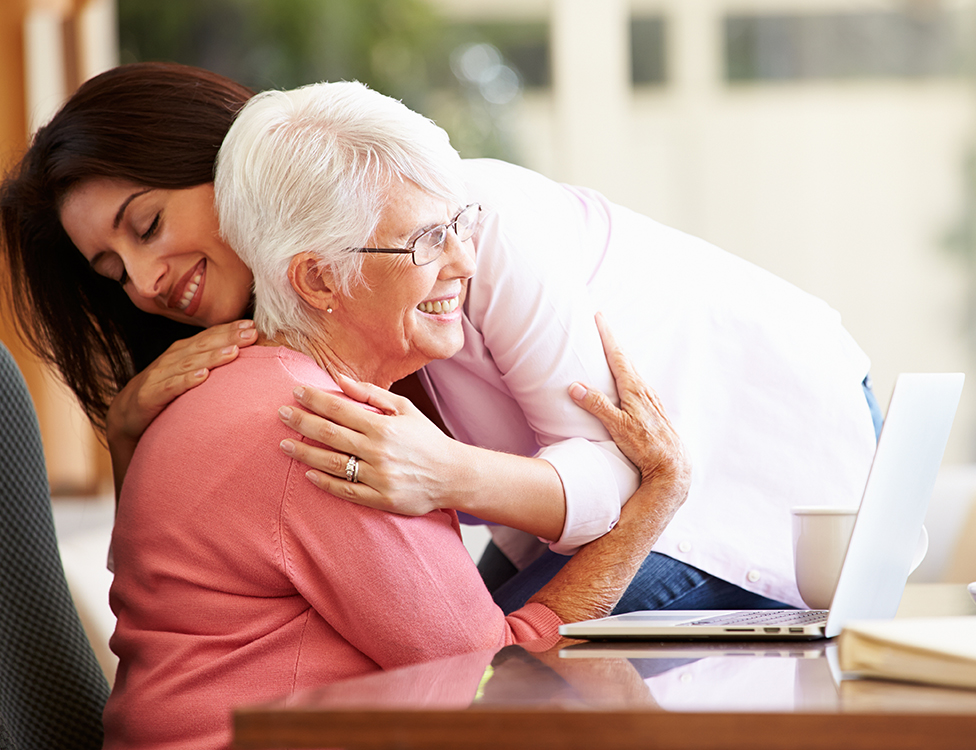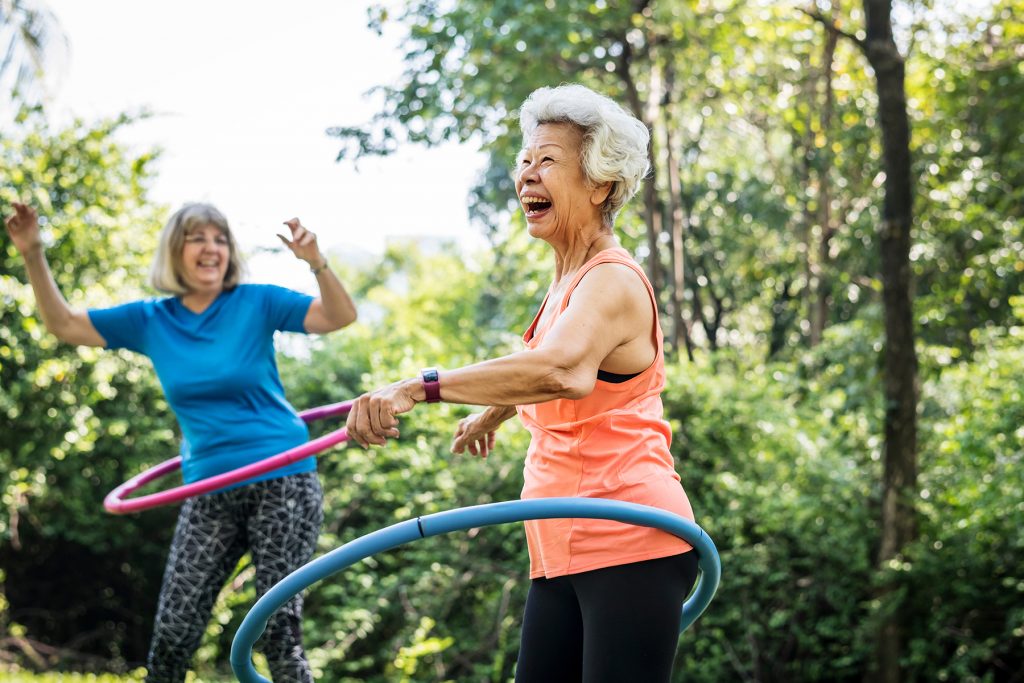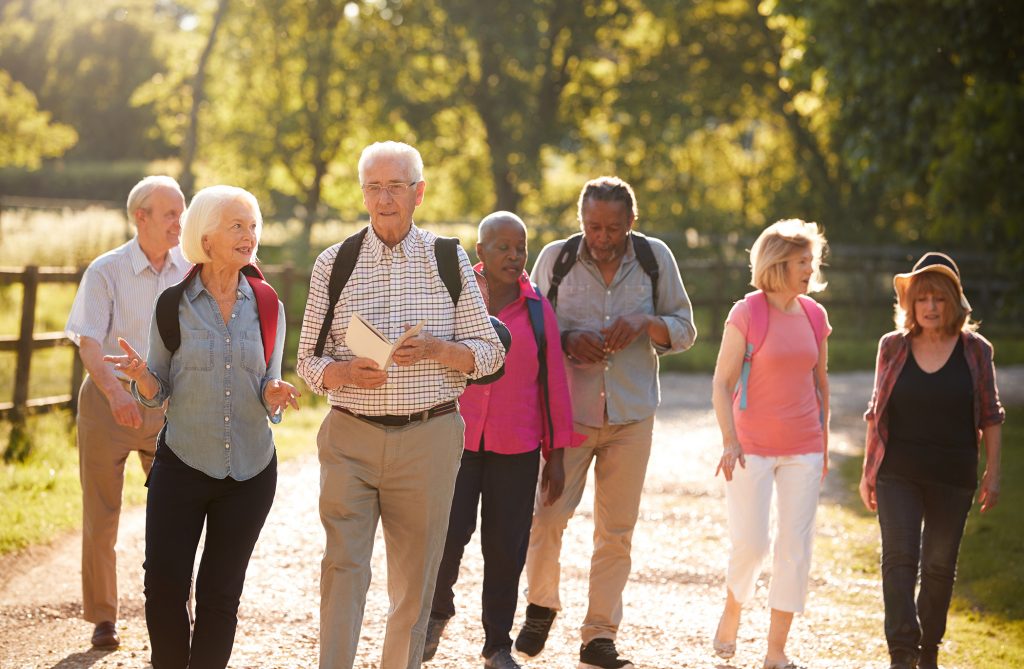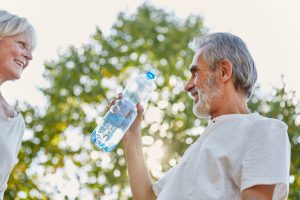Welcome to a new era in senior living. Recent groundbreaking research from NORC at the University of Chicago, funded by NIC, is changing how we see senior living communities, including the ones we operate here at ABHM. By studying older adults who moved into these communities in 2017, the research uncovered surprising—and reassuring—insights into their health and longevity. Get ready to rethink aging and senior living.
A Longer Lease on Life
Let’s talk numbers. The study found that people who made the move to senior living communities lived, on average, more than a week longer than their counterparts living in the greater community.
More Than Four Walls: Access to Vital Care
Senior housing isn’t just about providing a roof overhead; it’s about fostering an environment where residents can thrive. And part of that thriving comes from access to essential healthcare services. The study revealed that people in senior living communities received a notable uptick in home health care services—10 days more, to be exact—compared to their peers living elsewhere. From routine check-ups to more specialized care, this increased access ensures that residents have the support they need to stay healthy.
It doesn’t stop there. Individuals in senior living communities received an additional four days of preventative and rehabilitative health services at home. This proactive approach to health management not only addresses issues as they arise but also works to prevent them from occurring in the first place.
Less Reliance on Meds, More Emphasis on Well-Being
In a world where medications often seem like the go-to solution for every ailment, it’s refreshing to see a different approach emerging within senior living. The study found that residents spent three fewer days on anti-psychotic medications compared to those living elsewhere. This is a shift toward a more balanced, personalized approach to care—one that treats the individual, not just the symptoms.
Finding Balance: Independence and Support
The study revealed that those in senior living communities spent a similar amount of time away from home for high-acuity care as seniors dwelling elsewhere. In other words, residents enjoy the best of both worlds: the independence to live life on their terms, coupled with the peace of mind knowing that support is there when they need it.
Redefining What It Means to Age Gracefully
Senior living communities are prioritizing access to vital care, promoting preventative measures, and fostering a sense of community and support. As our population continues to age, this a message worth celebrating!
